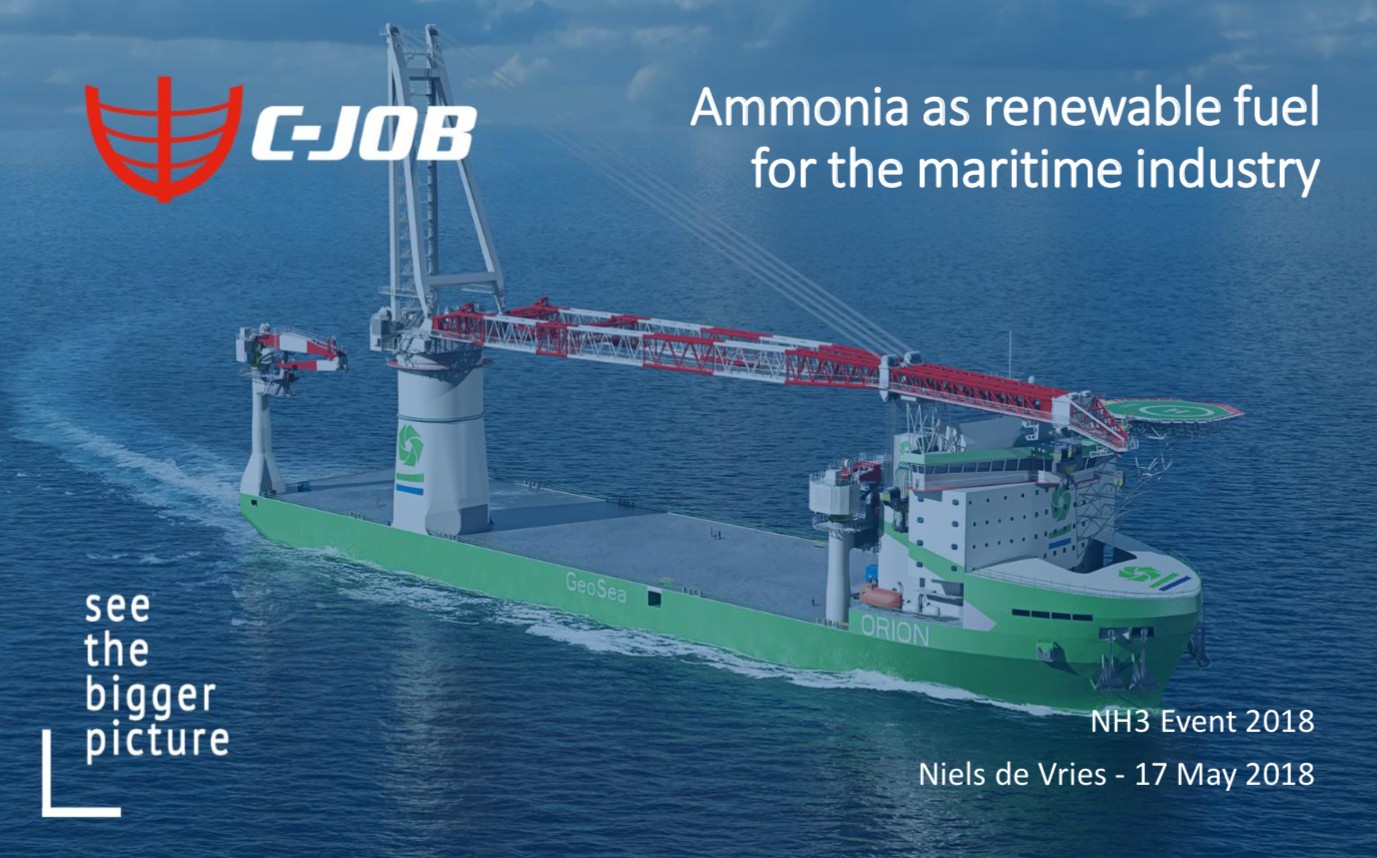The International Chamber of Shipping has published a short but powerful report to "endorse" the International Maritime Organization's Initial Strategy on Reduction of GHG Emissions from Ships, adopted in April 2018. The ICS report calls the IMO's Initial GHG Strategy "a historic agreement which the global industry, as represented by ICS, fully supports," and discusses four fuel technologies that could deliver the IMO's targets: batteries, hydrogen, ammonia, and nuclear. The ICS report also demonstrates four realities, which apply, perhaps uniquely, to the maritime sector. First, corporations are driving change, in advance of government legislation. Second, these corporations are looking for more than incremental reductions in emissions and instead targeting total sectoral decarbonization with the ambition "to achieve zero CO2 emissions as soon as the development of new fuels and propulsion systems will allow." Third, they realize that LNG and other low-carbon fuels cannot meet these targets: "the ultimate goal of zero emissions can only be delivered with genuine zero CO2 fuels that are both environmentally sustainable and economically viable." Fourth, they recognize that, because ships are long-lived assets, the need to invest in zero CO2 fuel technologies is urgent and immediate.
